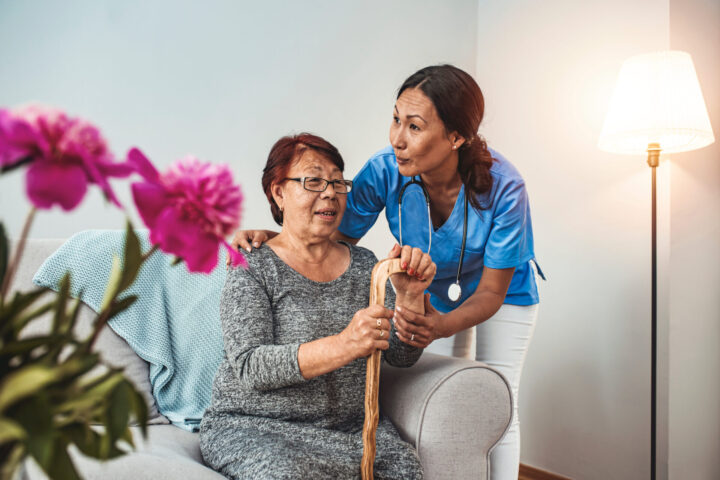The Open University has released an independent report aimed at giving employers accurate information on menopause in the workplace.
The report, which used over 230 sources from academic, Government and grey literature, was commissioned by Deborah Garlick, founder of Henpicked: Menopause in the Workplace.
Garlick said: “The last 10 years have seen huge change when it comes to menopause in the workplace.
“A decade ago, you’d struggle to find a menopause policy anywhere; today, there is far more awareness, but also far more noise.
“We see a lot of statistics and headlines published, but not all ‘facts’ are created equal. It’s crucial to understand which ones hold water.”
Garlick added: “We’re proud to be the only organisation to have reviewed 35 years of research. Our approach is grounded in best practice and independently assessed, so employers can be confident it leads to real impact.
“Our membership and accreditation have always been evidence-based and now they’re bang up to date with this latest research.”
The report found that using poor or incorrect data can lead to weak policies and damage trust among employees.
She said: “The sample wasn’t representative and the messaging implied menopausal women are less productive, making women feel ‘less than’ which is neither true nor acceptable.”
She referred to a survey by a menopause doctor claiming over 90% of women said menopause seriously affected their work performance, which the report found was misleading.
Another widely used statistic that 900,000 women have left work due to menopause was found to be discredited, but is still in use.
The report pointed instead to data from the Fawcett Society Report 2022, which found one in 10 people who worked during menopause left a job due to symptoms, while 14% went part time to cope.
Professor Jo Brewis, lead researcher at The Open University, said: “It’s important that people don’t settle for surface-level data: training, education and action must be rooted in fact-checked, robust data.
“This work includes peer-reviewed papers, expert-led insight and direct feedback from workplaces and employees.
“I was the lead author on the 2017 Government Equalities Office report comprising 104 sources and now we’ve reviewed over 130 additional, credible pieces of evidence.”
Brewis added: “Together, these 230+ sources span academic studies, grey literature, lived experience and international contributions.
“Furthermore, our unique position gave us access to paywalled academic material – not available to most. We reviewed it thoroughly and excluded weak or misleading studies.”
The report included findings on the most common symptoms affecting workplace performance, how work environments can make symptoms worse, and the cost of not addressing menopause at work.
It identified interventions that had long-term impact and pointed out common myths in the sector.
Garlick said: “Using an evidence-based approach to training is vital to creating inclusive, sustainable change, enabling employers to demonstrate the impact that defines a truly menopause friendly workplace.
“This report brings essential clarity and reaffirms that becoming a menopause friendly employer is a measurable, strategic commitment, not a tick-box exercise.”















